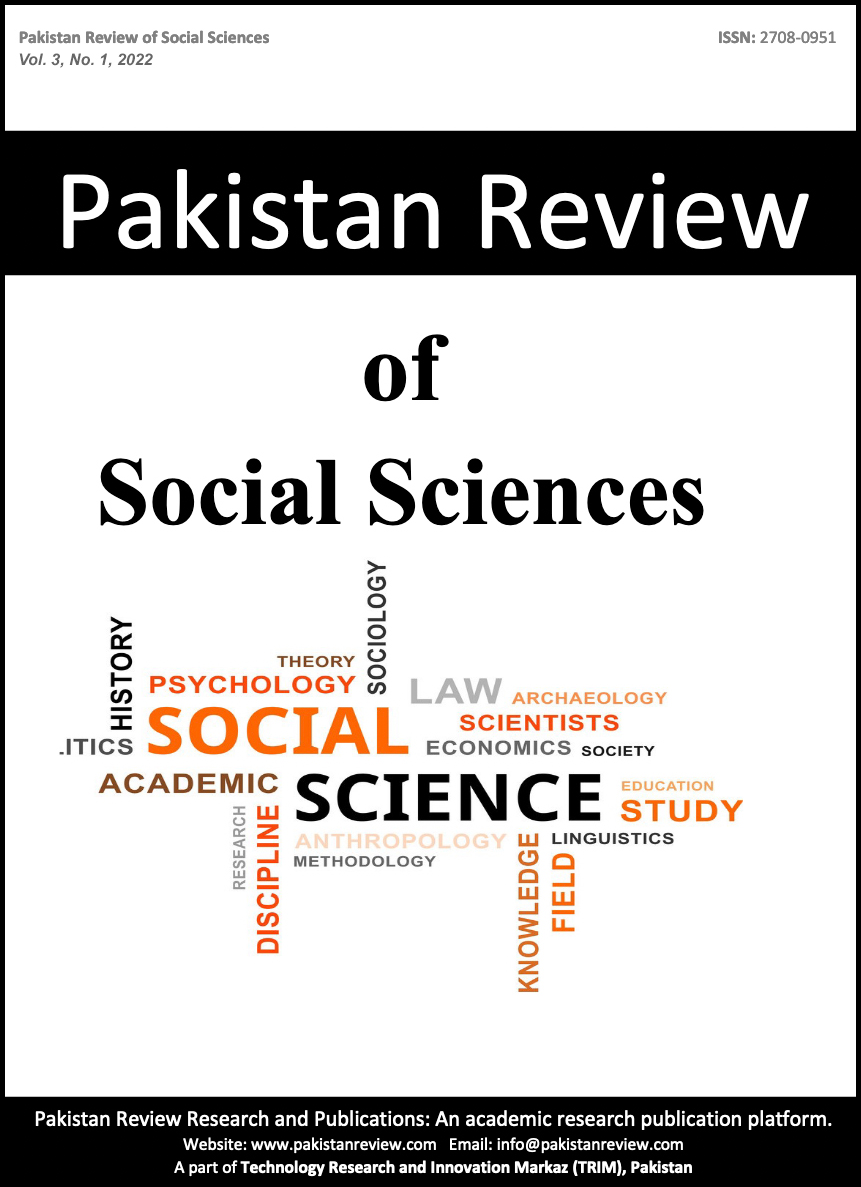Effects of Societal Broadcasting on Student’s Educational Status
Keywords:
Effects of Societal Broadcasting on Student’s Educational StatusAbstract
Pakistan is the third biggest country in terms of internet users worldwide, with a high Societal and mobile audience. In Pakistan, Societal networking sites like WhatsApp, Facebook, YouTube , Twitter, Instagram, etc divert students from their studies. Students spend more time on societal media than they do use personal email. Even though, there is privacy and safety loss. It provides opportunities for connecting with friends, classmates, and people with a shared interest. Today, the main aim of the student should be education and their future career. However, many students rely on the accessibility of information on societal media different types. That means reduced focus on learning and retaining information. The study also points out the popularity of Societal networking sites among the student community. Societal networking sites and societal media have revolutionized the world, bringing us closer than ever before. However, students can exploit this and use it for a better life, a better tomorrow. It should be used to connect, stay in touch, and share views but not waste time. The sample size for the study is 200. A questionnaire is designed to determine the various societal media factors that impact students’ education. Variables identified are gender, education, societal influence, and academic status.
Downloads
Published
Issue
Section
License
Copyright (c) 2022 Muzamil AL Hussaini

This work is licensed under a Creative Commons Attribution 4.0 International License.
Submission declaration
Authors retain the copyright to their work and grant the Pakistan Review of Social Sciences (PRSS) the right of first publication under a Creative Commons Attribution 4.0 International (CC BY 4.0) license. This license allows others to share, adapt, and reuse the work for any purpose, including commercial use, as long as appropriate credit is given to the original authors and the journal.
By submitting a manuscript, authors confirm that the work has not been published previously (except as an abstract, lecture, or academic thesis), is not under review elsewhere, and has been approved by all authors and relevant authorities. Once accepted, the article will be openly accessible under the CC BY 4.0 license, ensuring wide dissemination and reuse with proper attribution.






